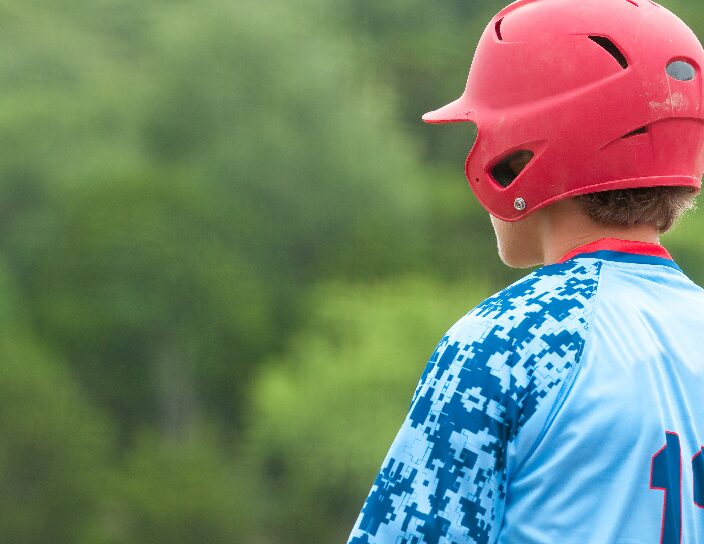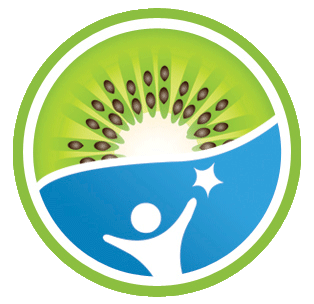In this blog, Feed to Succeed sports dietitian goes over gaining weight for sports.
It’s a common phrase you may have heard from your teen athlete: “I want to bulk up.” As teens begin to grow in their skills and passion for their sport, they naturally want to make sure the strongest version of themselves will be out there competing. So, when your teen comes to you talking about “bulking up,” how can you help them succeed?
“Bulking up” in sports and fitness refers to gaining weight in the form of muscle. In order to do this, your teen needs to do two things: eat a surplus of energy and perform resistance exercises. More and more teen athletes are receiving private training, which often includes weightlifting as part of the programming, so one part of the equation is solved. However, eating enough energy can be difficult for teen athletes, many of whom have very high energy needs due to their physical activity and growth. Here are some tips to help with nutrition for weight gain in active teens!
Build a “bulk up” plate
At every meal, athletes need to include food from these three food groups at a minimum: carbohydrates, protein, and “color’ (fruits and vegetables). Carbohydrates provide quick fuel for the muscle and help add energy to the plate. Foods with carbohydrates include grains and starchy veggies. Protein provides building blocks for the muscle. Protein foods include meat, seafood, poultry, eggs, dairy products, legumes, and soy. Lastly, fruits and vegetables provide nutrients and fiber. An athlete looking to bulk up should aim to fill each plate with ½ carbohydrates, ¼ protein, and ¼ color. Look at the performance plate guide from the US Olympic Committee for inspiration: https://swell.uccs.edu/sites/g/files/kjihxj2576/files/2020-10/hard_%20plate_red_sept15-2017.pdf
Pick protein!
Your athlete will have higher protein needs if they want to gain muscle. Protein needs for bulking athletes range from 1.4-2.0 g/kg/day (Jager et al., 2017). How can you help your athlete eat more protein? Ensure they have 1-2 portions of protein at each meal and snack throughout the day. A protein portion is about the size of the palm of your hand. Refer to the first tip for protein sources!
Focus on fat.
Fat is an essential nutrient that is also energy-dense, meaning it provides a lot of energy for its size. Incorporate foods with fat such as oil, nuts, nut butter, avocado, seeds, fatty fish, and full-fat dairy into your teen’s diet!
Here are some other miscellaneous tips to help your teen athlete with muscle building!
Top Tips to Gain Weight in the Off-Season
- Don’t skip meals or snacks-eat every 3-4 hours
- Drink beverages with calories, such as juice, milk, or sports drink
- Make sandwiches with bagels instead of bread
- Blend high-energy smoothies: add avocado, nut butter, whole milk yogurt, or canned coconut milk
- Eat the whole egg, not egg whites
- Choose full-fat milk, yogurt, and cheese
Schedule an Appointment
Would your child benefit from more personalized nutrition guidance for their sport? At Feed to Succeed, our sports dietitians offer sports nutrition counseling to lead your teen to peak performance. Call or email us to schedule an appointment today! https://feedtosucceed.com/nutrition-appointments-chicago-north-shore/
Reference:
Jager et al. (2017). International Society of Sports Nutrition position stand: Protein and exercise. Journal of the International Society of Sports Nutrition, 14(20). DOI 10.1186/s12970-017-0177-8


